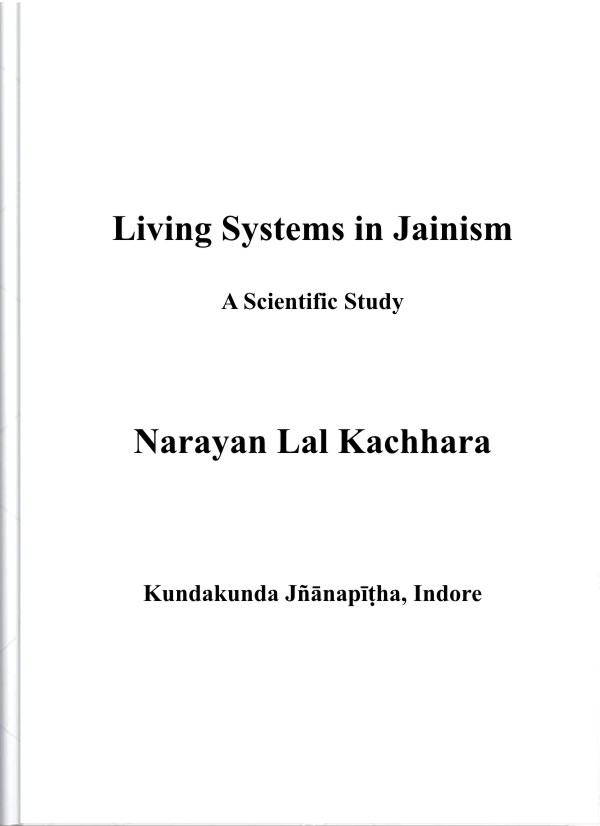The last and the youngest Pundit to go to Mahavira was Prabhasa, who was only 16 years old. Mahavira addressed him, "Prabhasa! You have a doubt about salvation. Some scholars say that the end of life is salvation, just like a lamp extinguishes on the burning of the oil. Others say that salvation is a special state of the soul, obtained on the removal of sufferings in the form of attachment and aversion. What is correct? The association of the soul and karma is beginning less like akasa, and this association is never destroyed. Then where is the question of salvation?
"Prabhasa! The comparison of life with a lamp is not correct. The light of a lamp is also not destroyed altogether; it only transforms from the light mode to the darkness mode. As milk transforms to curds and, when broken, a pot transforms into a bowl, in the same way, like a lamp, the soul is not destroyed on the death of the body. You may ask, if the light of the lamp is not destroyed altogether, why is it not clearly visible? This is because the light now assumes a finer form, which is not visible to the naked eye. Similarly, when the soul attains salvation its state is transformed permanently to a state of infinite bliss. In this sense, salvation is the state of the soul completely free from suffering.
"It is not right to assume that the free soul is devoid of intelligence (jnana). Jnana is an inherent property of the soul: the two are never separate. As a paramanu cannot become non-physical, the soul cannot be separated from intelligence. You may ask where the proof that the soul and jnana are the same? This is directly established by our own experience. We can also prove the jnana-form of other souls by inference. This is because other souls also engage in worldly actions and in salvation activity, which is not possible without jnana. Just as filtered light comes from a lamp covered by a screen, the jnana from a covered soul comes out through the senses, and which are windows made by ksyopasama of knowledge-covering karma. The cover is absent in the emancipated soul and the jnana is manifested in its full measure. In this state, the soul knows each and everything in the loka. So, the liberated soul has perfect knowledge.
"The liberated soul experiences uninterrupted bliss, but this is sometimes not understood because we believe that happiness is caused by merit and suffering is the result of demerit. Both merit and demerit are absent in the liberated state and therefore there should be neither happiness nor unhappiness. Happiness and suffering go with the body, and in the absence of the body both should also be absent in the liberated state."
Mahavira clarified: "In fact, the fruit of merit is also unhappiness, and not happiness, as it has its origin in karma. The fruits of karma are always unhappiness; of course, you could also say that the fruits of demerit are also happiness as they also originate from karma. Secondly, being favorable, the fruits of merit are a cause of happiness; how can that be unhappiness?"
Mahavira continued, "This so-called happiness is, in reality, unhappiness. Generally, by happiness we mean the opposite of suffering, and it is therefore unhappiness in a real sense. So, we should also regard the fruits of merit as unhappiness. For instance, sensual pleasure is not happiness as it stands for the absence of suffering. We treat a disease with drugs, but this treatment and its outcome is also a form of suffering though we regard it as good. In the absence of the happiness of the soul, real happiness is not possible. So, the real happiness is experienced only in the liberated state of the soul. This happiness results from the complete elimination of unhappiness (suffering) and the absence of contact with the external world. Thus, happiness in the liberated state of the soul is pure and perfect."
Prabhasa was now doubt-free and he and his 300 disciples were initiated into the Order of Mahavira like his other ten friends. These eleven Vedic scholars became Ganadharas (Chief Disciples) in the Order of Mahavira.
 Dr. N.L. Kachhara
Dr. N.L. Kachhara
